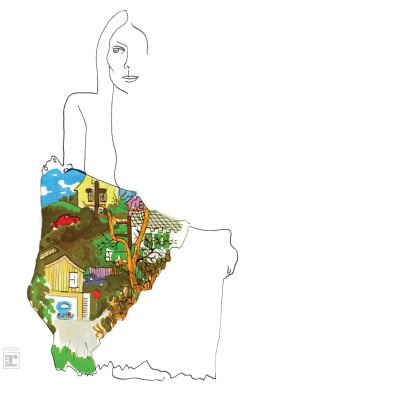
Ladies of the Canyon
by David Cleary This wonderfully varied release shows a number of new tendencies in Joni Mitchell's work, some of which would come to fuller fruition on subsequent albums. "The Arrangement," "Rainy Night House," and "Woodstock" contain lengthy instrumental sections, presaging the extensive non-vocal stretches in later selections such as "Down to You" from Court and Spark. Jazz elements are noticeable in the wind solos of "For Free" and "Conversation," exhibiting an important influence that would extend as late as Mingus. The unusually poignant desolation of "The Arrangement" would surface more strongly in Blue. A number of the selections here ("Willy" and "Blue Boy") use piano rather than guitar accompaniment; arrangements here are often more colorful and complex than before, utilizing cello, clarinet, flute, saxophone, and percussion. Mitchell sings more clearly and expressively than on prior albums, most strikingly so on "Woodstock," her celebration of the pivotal 1960s New York rock festival. This number, given a haunting electric piano accompaniment, is sung in a gutsy, raw, soulful manner; the selection proves amply that pop music anthems don't all have to be loud production numbers. Songs here take many moods, ranging from the sunny, easygoing "Morning Morgantown" (a charming small-town portrait) to the nervously energetic "Conversation" (about a love triangle in the making) to the cryptically spooky "The Priest" (presenting the speaker's love for a Spartan man) to the sweetly sentimental classic "The Circle Game" (denoting the passage of time in touching terms) to the bouncy and vibrant single "Big Yellow Taxi" (with humorous lyrics on ecological matters) to the plummy, sumptuous title track (a celebration of creativity in all its manifestations). This album is yet another essential listen in Mitchell's recorded canon.
